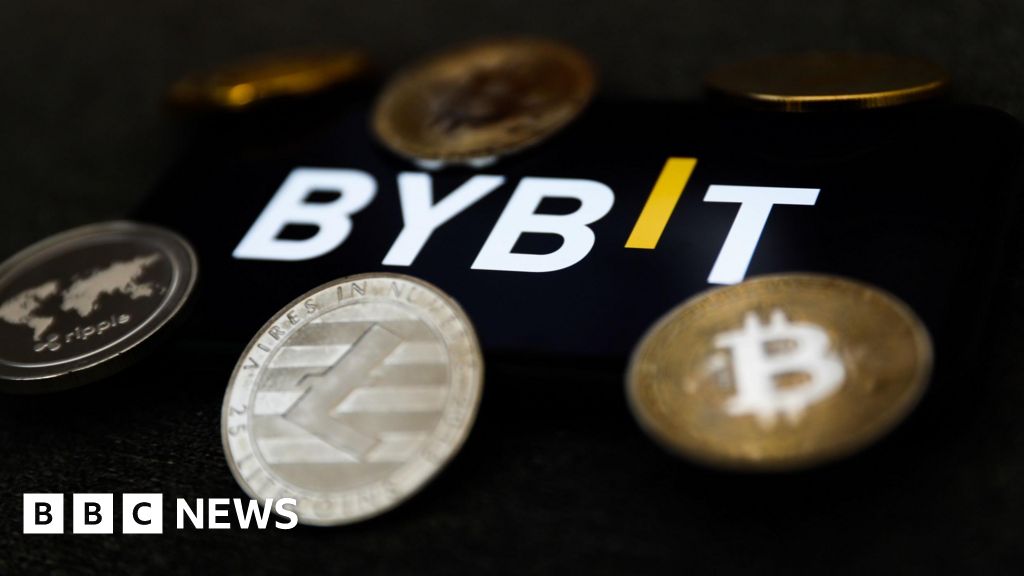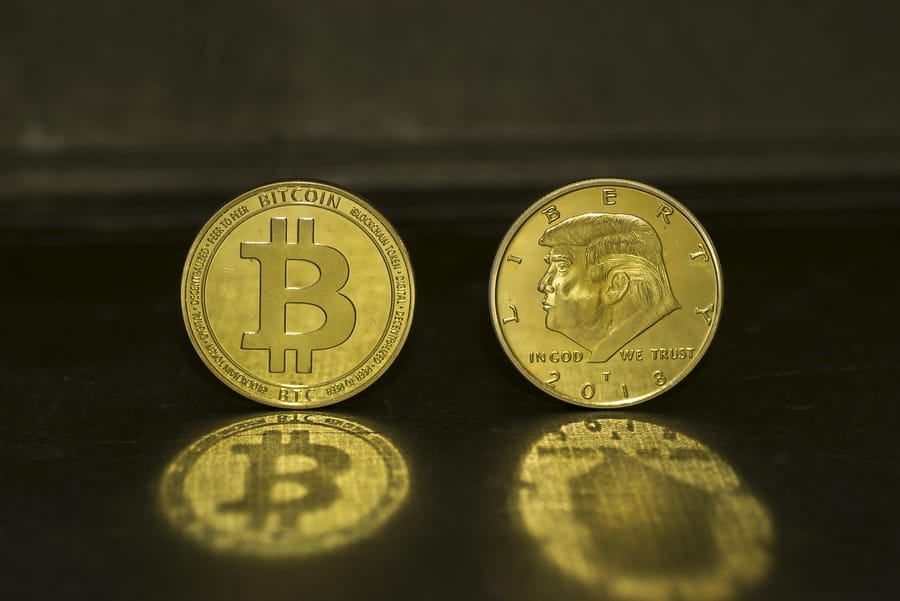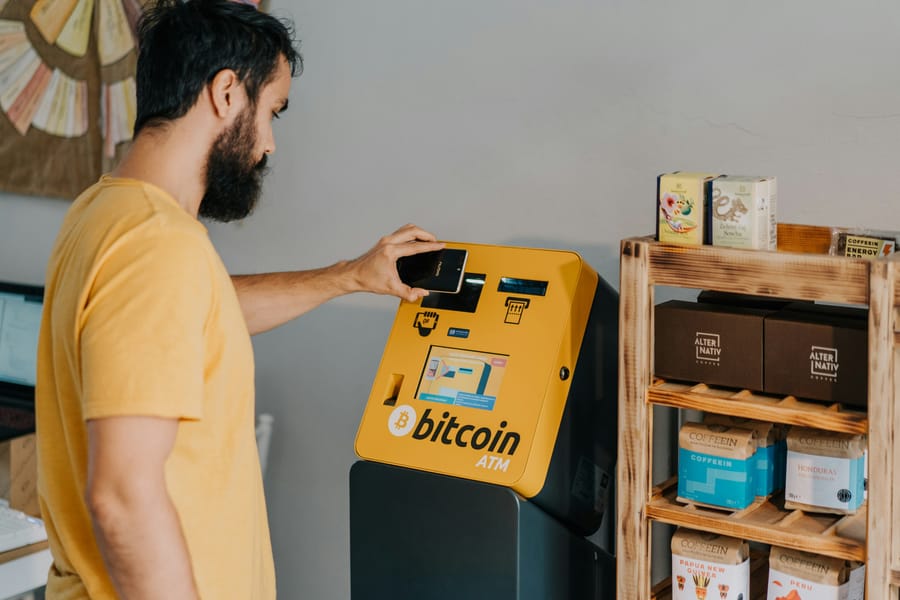Argentine President Javier Milei promoted a cryptocurrency called LIBRA on social media platform X on 14 February 2025, which collapsed within hours, triggering the largest crypto scandal in history, worth a total of $4.6 billion. The president told his 3.8 million followers that the token would boost Argentina's economy by funding small businesses, causing LIBRA to skyrocket from near zero to almost $5 before crashing to under $1 within hours. Milei quickly deleted the post, claiming he was unaware of the project's details, but the damage was done, with more than 100 fraud complaints filed against him and an Argentine judge opening an investigation.
Crypto entrepreneur Hayden Davis admitted to participating in the launch of LIBRA as well as MELANIA, a memecoin that briefly hit a $2 billion market cap before crashing. In an interview with YouTube channel Coffeezilla, Davis revealed he controlled about $100 million made on LIBRA and detailed a scheme known as "sniping"—a practice where insiders or bots swiftly buy up newly launched tokens at ultra-low prices before the general public can react, driving up demand and price, only to sell at a massive profit. According to blockchain analytics firm Nansen, 86% of traders who bought into LIBRA lost money, with total losses reaching $251 million, while a lucky few pocketed $180 million.
The situation was compounded when the Libra token suffered another $99 million hack on 10 March, exposed by blockchain security firm PeckShield. Additionally, cryptocurrency exchange Bybit lost $1.5 billion after hackers gained control of one of its cold wallets on 22 February 2025, in what could be the largest crypto theft in history. Bybit CEO Ben Zhou assured customers that the exchange remains solvent and that the company can cover the loss. The crypto market has suffered multiple serious security incidents in a short period, raising significant concerns about the security of decentralised finance (DeFi) systems.
Sources:
1.

2.

3.











